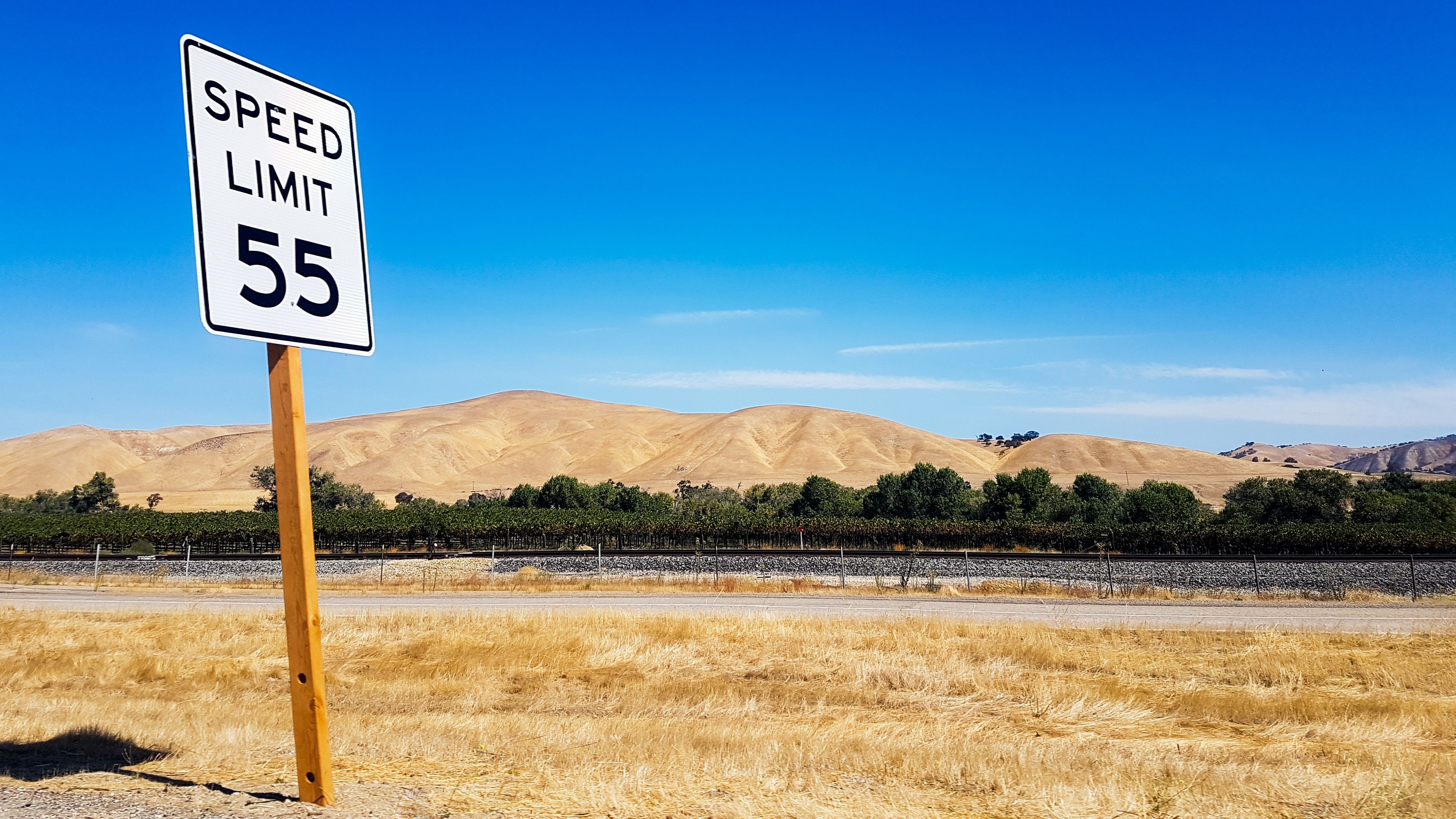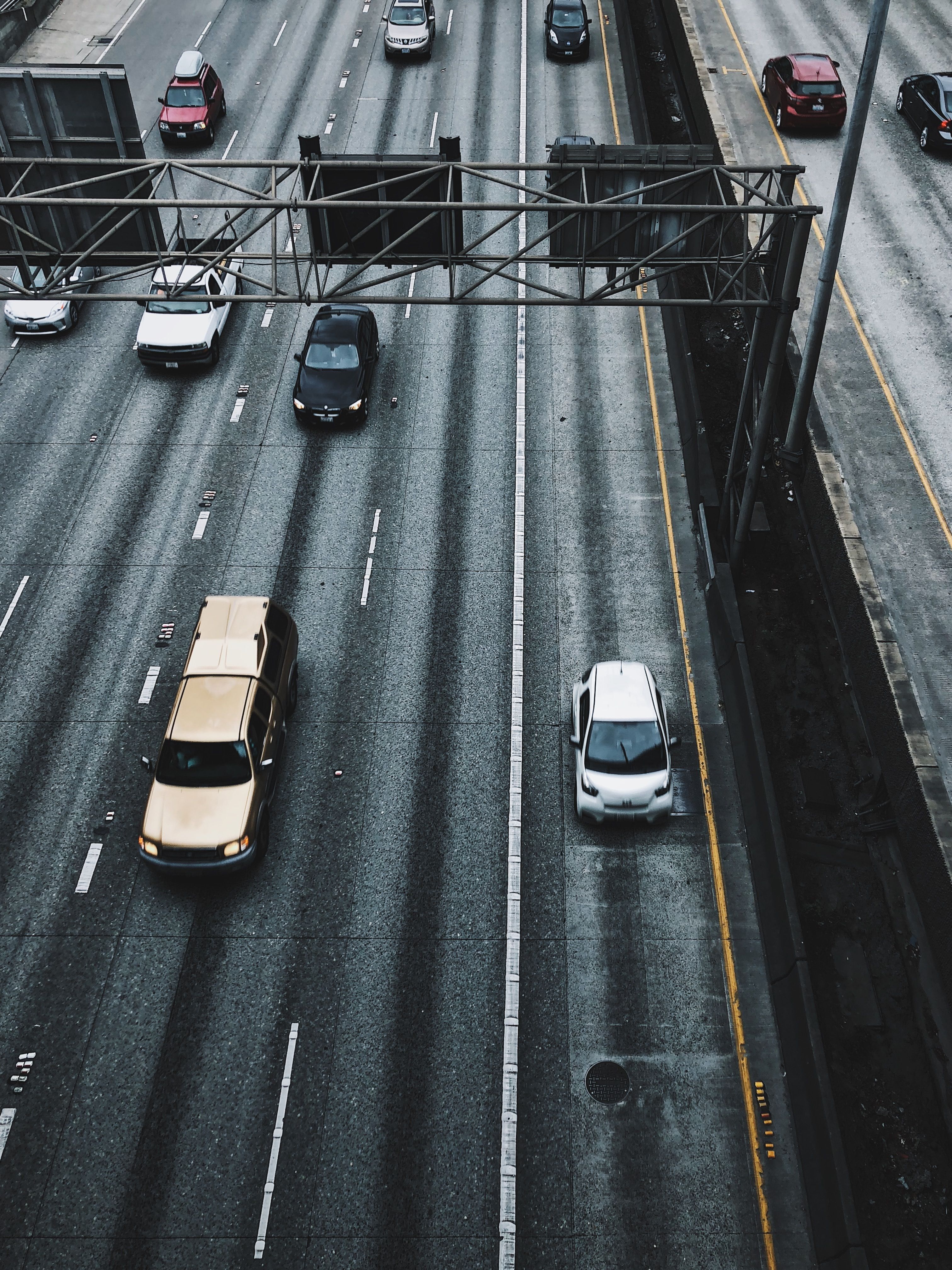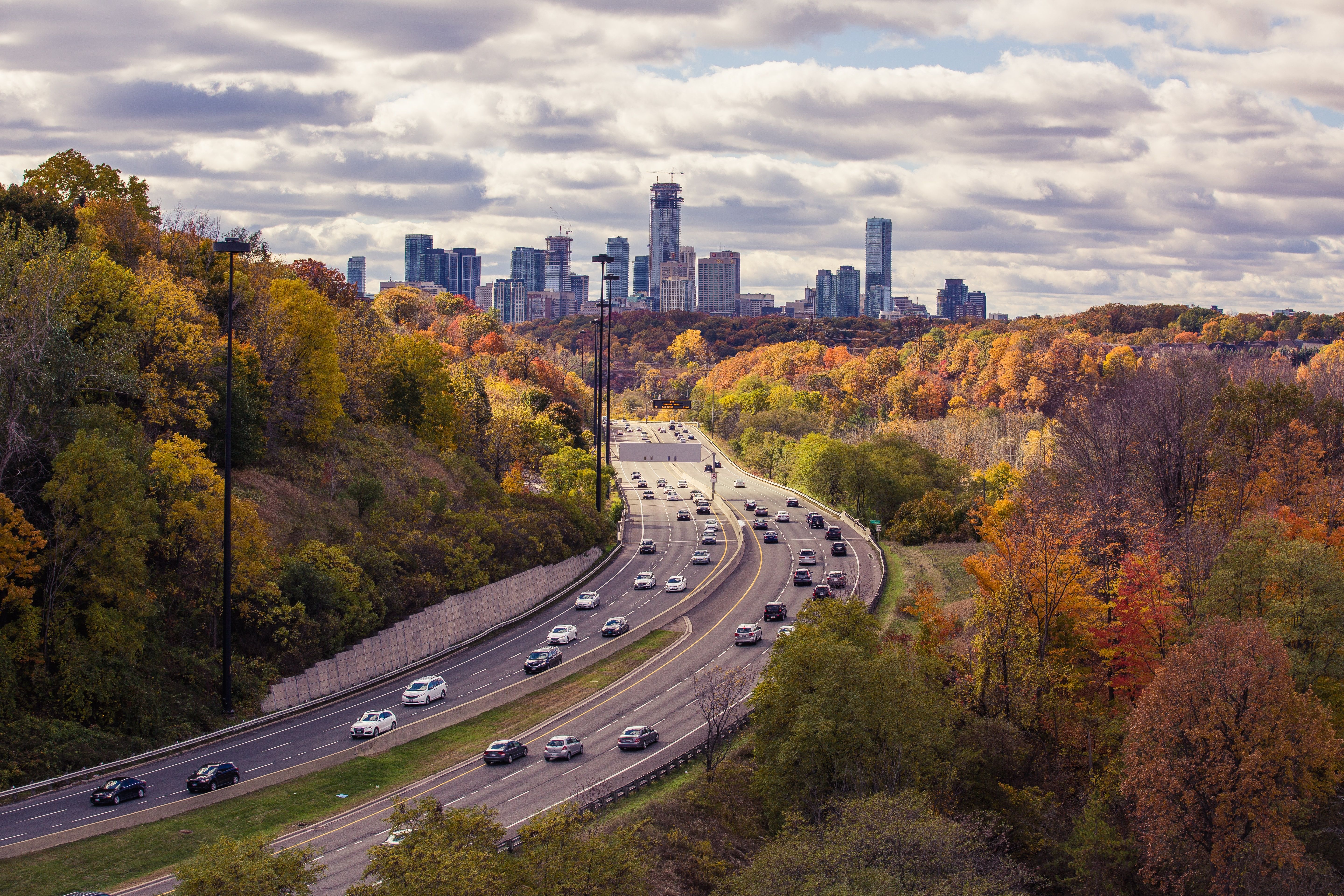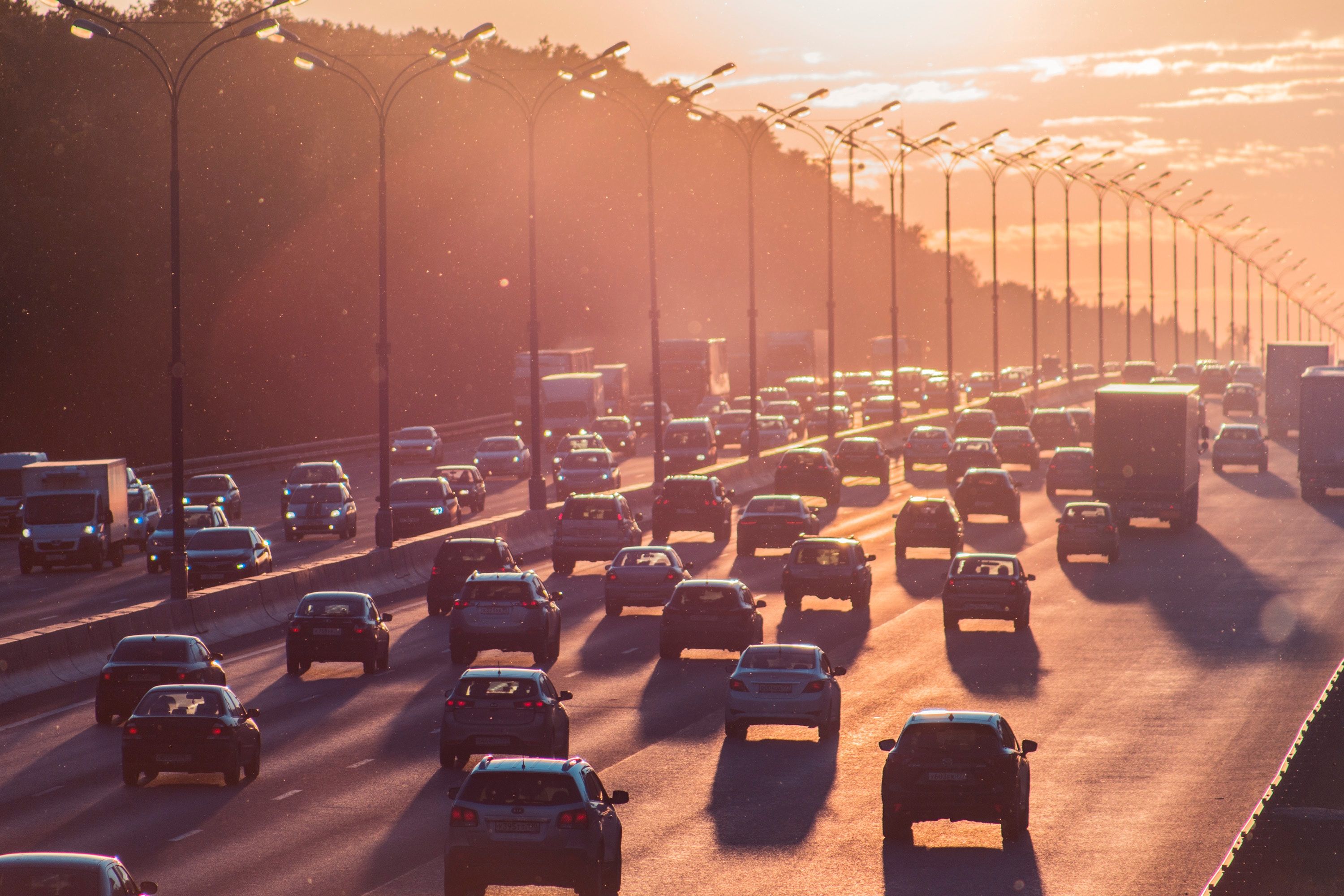The Georgia Super Speeder Law (also known as the HB160 law) has been in effect since January 1st, 2010 in the state of Georgia, and as some of us learned the hard way, it will poke a hole in your wallet if you’re caught speeding. The Super Speeder fee is, in fact, used to fund the state’s public hospital system, where 60 percent of all trauma-care patients come from crash-related events. Stick with us as we tell you everything you need to know about the Georgia Super Speeder Law.
What is a Super Speeder?
According to Georgia’s Super Speeder Law, a Super Speeder is a driver who was caught and convicted of driving at 75 mph or more on a two-lane road or at 85 mph or over on any road or highway in the Peach State. Also, keep in mind that the maximum speed limit on rural interstates in Georgia is 70 mph, while the limit on urban interstates falls to 55 mph. So, let’s say, if you’re doing 85 mph on an urban interstate, besides the Super Speeder fee, you’ll also have to deal with four points on your license. In the state of Georgia, drivers who stack up 15 points in a 24-month timeframe will have their licenses suspended.
Super Speeder fines and penalties
Now it’s time to pay attention. Besides the fines, fees, and license points that entail your standard speeding ticket, you will also have to pay an extra fine of $200. The Super Speeder fine, however, will not add points to your license, as it is essentially an additional fine imposed after a speeding ticket conviction has been sent to the Georgia Department of Drivers Services. It’s also worth noting that the officer who hands you the speeding ticket isn’t obligated to mention your Super Speeder status.
How can Super Speeder tickets affect my car insurance?
If you decide to pay the fines, then that information will be on your driving record, and most likely, your insurance company will see it, according to carinsurance.com. As a result, your insurance premiums are very likely to go up. Keep in mind that your insurance premium also depends on your past driving record, the insurance company itself, and how fast you were actually going when you became a Super Speeder. The same outlet ran a cost simulation and found out that speeding 16 to 29 mph over the legal limit accounts for a 27 percent increase on average.
What can I do if I'm ticketed as a Super Speeder?
As we mentioned earlier, you can either pay the fine and accept that your insurance premium will go up, or you can hire a lawyer who can help you keep your driving record clean. In some situations, a traffic attorney can get the charge reduced to a lesser degree or make the Super Speeder tag go away entirely. You’ll have to make your decision quickly, though, as the state of Georgia works on a “six-month statute of limitation on withdrawing Super Speeder pleas and the Department of Driver Services needs time to change and correct the driving record,” according to George Creal, cited by CarInsurance.
How will I be notified that I owe the Super Speeder fee?
The Department of Driver Services will notify you by first class mail of the $200 Super Speeder fine you owe. From the date of the notice, you can pay the fee in a 120-day timeframe.
Will my license be suspended?
Yes. If you fail to pay the $200 fee to the Department of Driver Services within the allocated 120 days, your license, permit, or driving privilege in Georgia will be suspended. If that happens, you’ll also have to pay a so-called reinstatement fee of $50, which comes on top of the initial $200 Super Speeder ticket fee.
I am an out of state driver, How does this affect my driving privileges?
Well, you’re not getting away with it, that’s for sure. If you’ve been classified as a Super Speeder in the state of Georgia but you happen to be the resident of another state and refuse to pay the $200 fee, the Department of Driver Services can impose a suspension of your non-resident driving privilege in Georgia. What’s more, the Department of Driver Services will report the suspension to your home state’s licensing authority. It is this authority that then decides if there’s the need to take action or not.





